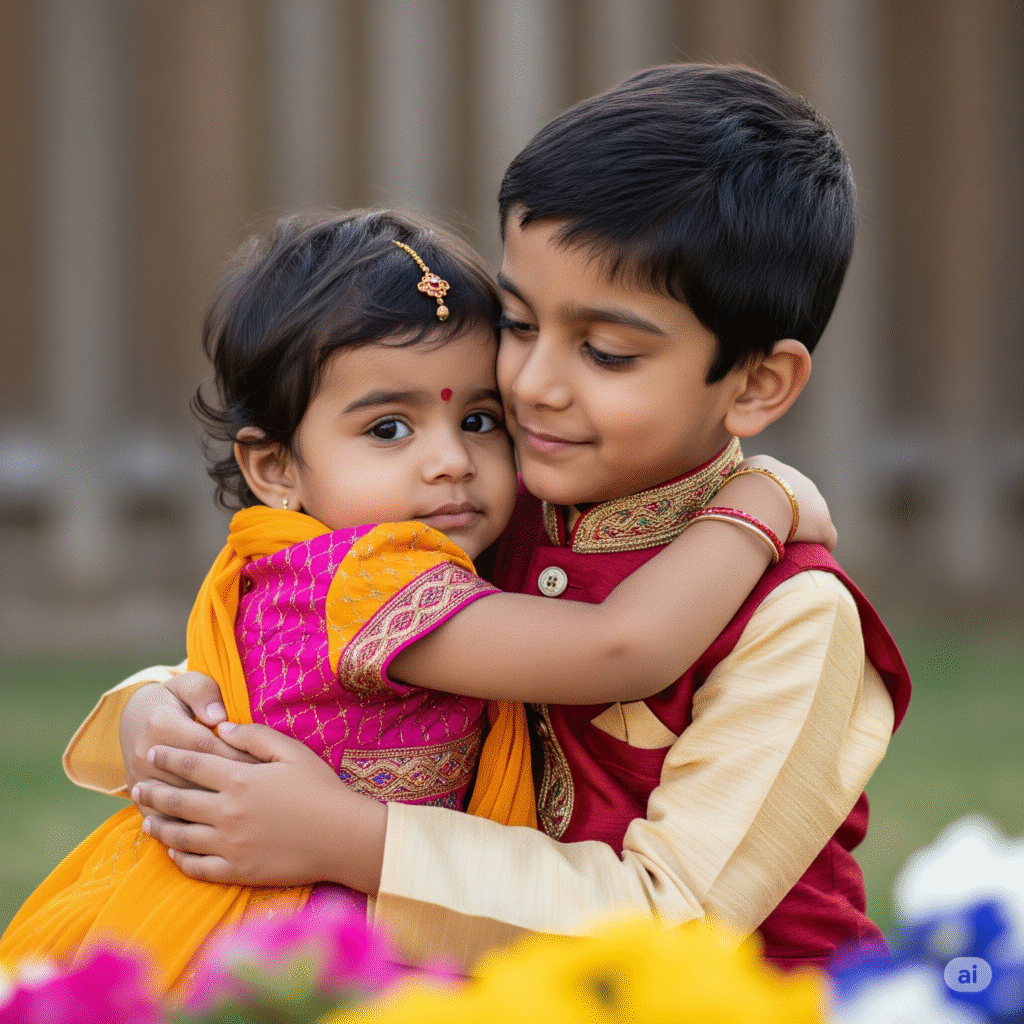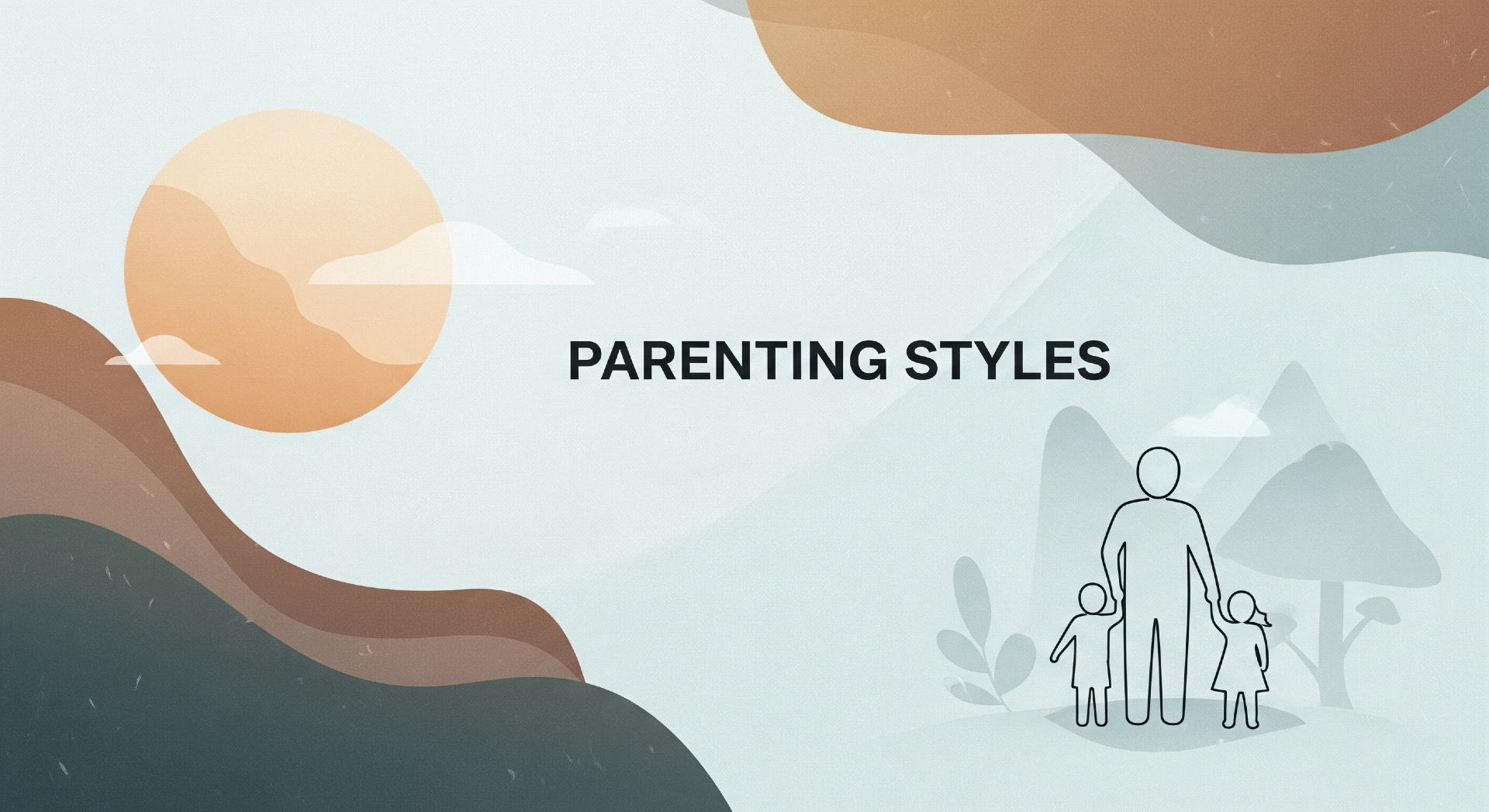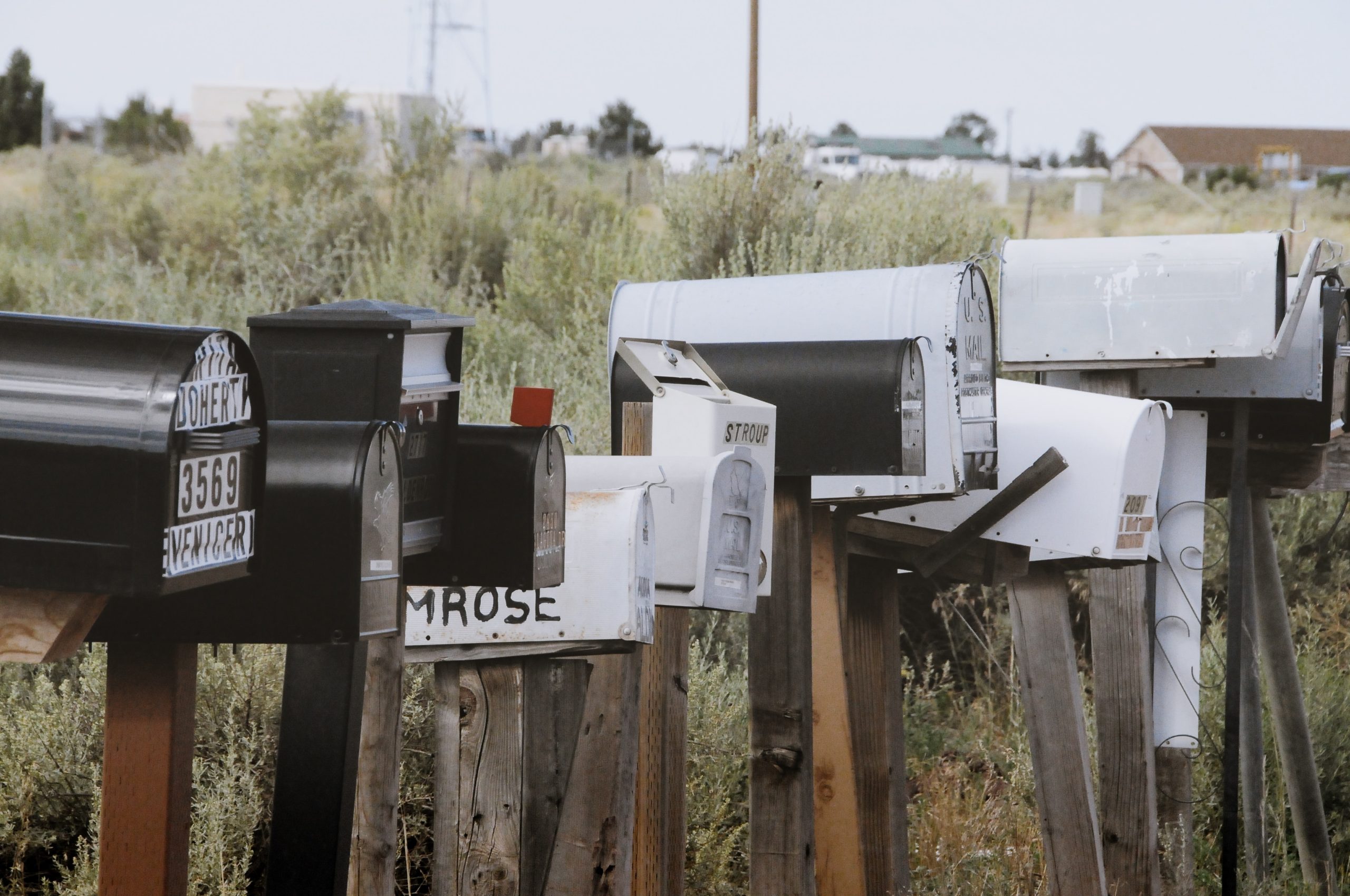When you picture your brother or sister, you might remember epic fights over the TV remote, who stole the last cookie, or whose turn it was to do chores. Yet hidden beneath the quarrels is one of life’s most powerful relationships—a ready‑made training ground for empathy, conflict resolution, and emotional intelligence. Here’s what new research says about why positive sibling bonding can super‑charge your mental health from childhood right through adulthood.
Sibling Bonding: What the Research Shows

Developmental‑psychology studies confirm that growing up with a sibling boosts social skills. Daily back‑and‑forth—whether teaming up on weekend chores or negotiating who gets the bigger slice of pizza—forces kids to read body language, manage emotions, and practice perspective‑taking. That steady social “gym workout” is linked to higher emotional‑intelligence (EQ) scores and stronger peer relationships later in life.
Sibling Rivalry: Your First Conflict‑Resolution Coach
Let’s be real: rivalry is inevitable. But those childhood spats teach boundary setting, negotiation, and resilience. Psychologists note that adults who handled fair‑fight rules (“no name‑calling,” “take turns”) as kids often carry healthier communication styles into romantic partnerships and the workplace. In other words, the same sister who once hid your game controller may have prepped you for your next salary negotiation.
Lifelong Emotional Support—Built‑In and Priceless

As adults, siblings become trusted confidants. Research ties strong sibling bonds to lower stress levels, reduced loneliness, and higher overall life satisfaction—especially during major life transitions like college, career changes, or caring for aging parents. Shared memories create a shorthand of inside jokes and unspoken understanding that’s hard to replicate elsewhere.
Boosting Family Mental Health Together
Families who actively encourage positive sibling interactions— think cooperative games, team chores, or shared creative projects—see dividends in overall family mental‑health outcomes. When one child struggles with anxiety or grief, a close sibling can offer peer‑level support that even the most attentive parent can’t match, creating a resilient family ecosystem.
Takeaway
Your sibling might have borrowed your clothes or blasted music while you studied, but science is clear: sibling bonds shape who you are and how you relate to the world. So send that random meme, schedule the catch‑up call, or dig up an old childhood photo. You’re nurturing one of life’s most powerful, research‑backed relationships—and that’s a superpower worth celebrating.










Leave a Reply